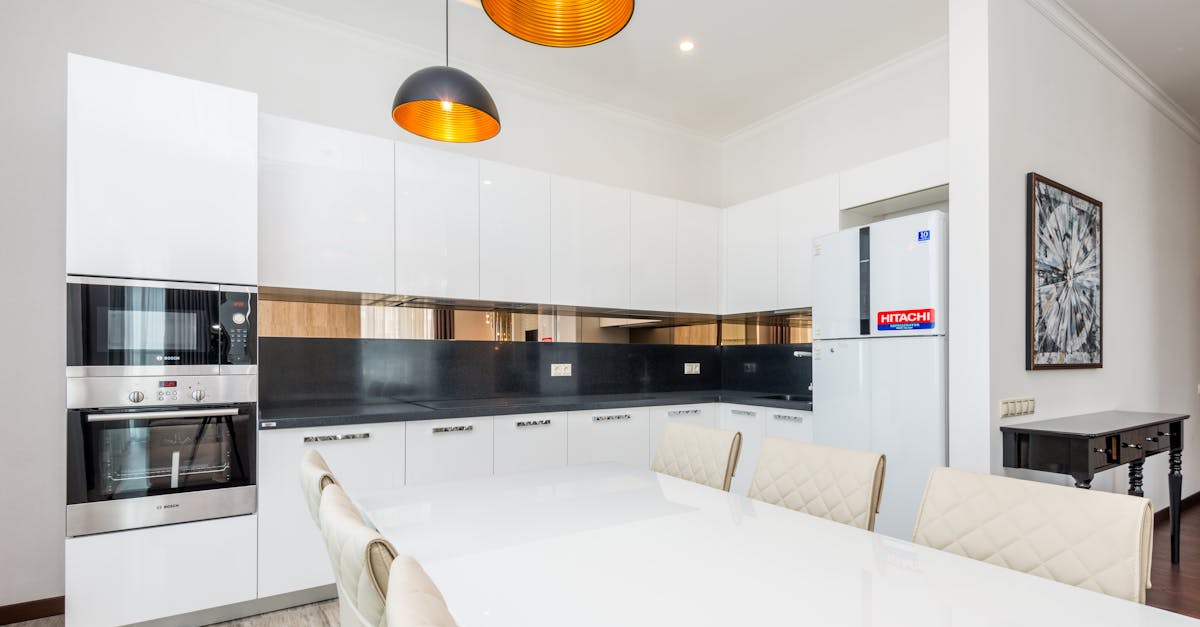When it comes to kitchen upgrades, quartz countertops are the rock stars of the home improvement world. They combine beauty and durability, making them the perfect choice for anyone who wants a stunning kitchen without the fuss of constant upkeep. Imagine hosting a dinner party where your guests can’t stop gushing over your gorgeous countertops while you secretly revel in their low-maintenance charm.
But don’t let their elegance fool you; quartz countertops are tough cookies. They resist scratches, stains, and heat like a pro, so you can chop, spill, and bake to your heart’s content without a worry. Plus, with a variety of colors and patterns, they can match any style, from sleek modern to cozy farmhouse. So, if you’re ready to elevate your kitchen game, quartz might just be your new best friend.
Table of Contents
ToggleOverview of Quartz Countertops
Quartz countertops consist of approximately 90% natural quartz crystals and 10% resins and pigments. This composition lends them remarkable strength and durability, ensuring they resist scratches and stains effectively. Industry studies indicate that quartz ranks as one of the hardest materials available for countertops, making them ideal for high-traffic kitchen environments.
Design versatility characterizes quartz countertops. Homeowners can choose from a wide array of colors and patterns, ranging from classic whites to vibrant hues, accommodating various aesthetic preferences. Multiple manufacturers offer unique finishes, providing additional customization options.
Low maintenance stands out as a significant advantage. Cleaning typically requires only mild soap and water, eliminating the need for harsh chemicals. Unlike natural stone counterparts, quartz does not require sealing, allowing for consistent performance over time.
Heat resistance contributes to their appeal. While quartz withstands normal cooking temperatures, placing hot pots directly on the surface isn’t recommended, as it may damage the resin. However, this minimal risk does not overshadow their practicality in everyday situations.
Affordability also plays a role in their popularity. Quartz countertops fall within a competitive price range compared to other materials, offering excellent value given their durability and appearance. Homeowners investing in quartz often enjoy long-term benefits without compromising on style.
Environmentally friendly options exist within the quartz countertop market. Some brands utilize recycled materials or sustainable practices in production, appealing to eco-conscious consumers. Consequently, quartz countertops not only enhance kitchens but also support responsible choices in home renovation.
Benefits of Quartz Countertops
Quartz countertops offer numerous benefits, making them an appealing choice for kitchen renovations. Their unique combination of aesthetics and functionality stands out.
Durability and Strength
Quartz countertops showcase impressive durability due to their composition, containing about 90% natural quartz crystals. They resist scratching, chipping, and cracking, making them suitable for busy kitchens. Industry studies confirm quartz’s status as one of the hardest materials for countertops. Homeowners can expect longevity, even in high-traffic areas. Additionally, the resin and pigments used enhance strength, offering a robust surface that withstands daily use.
Low Maintenance
Low maintenance is a hallmark of quartz countertops. Cleaning requires only mild soap and water, streamlining kitchen upkeep. Unlike natural stones, quartz doesn’t need sealing, further reducing maintenance efforts. Spills and messes can be wiped up easily without worrying about stains or permanent damage. Heat resistance is notable, though placing hot pots directly on the surface is not recommended. This resilience makes quartz an ideal option for busy households.
Aesthetic Appeal
Aesthetic appeal is one of the standout features of quartz countertops. The variety of colors and patterns available caters to diverse design preferences. Homeowners can find options that fit contemporary or classic styles seamlessly. Customization options exist as brands offer unique designs incorporating recycled materials or artistic patterns. This versatility allows quartz to enhance any kitchen, contributing both beauty and functionality.
Types of Quartz Countertops
Various types of quartz countertops exist, each offering unique features. Understanding these options helps in selecting the right fit for any kitchen.
Engineered Quartz
Engineered quartz, composed of 90% crushed natural stone, combines beauty and functionality. This mix includes resin and pigments, resulting in a non-porous surface that resists stains and scratches. Colors and patterns are endless, allowing for customization that suits any aesthetic. Engineered quartz countertops often mimic the look of natural stones like marble or granite, providing versatile design options. Maintenance is straightforward; regular cleaning with mild soap suffices. Manufacturers also produce eco-friendly engineered quartz using recycled materials, appealing to environmentally conscious consumers.
Pure Quartz
Pure quartz countertops consist of 100% natural quartz crystals; this material stands out for its durability. The crystalline structure offers exceptional hardness, making it suitable for busy kitchens. Limited color variations are common as pure quartz lacks synthetic resins. However, its natural beauty showcases unique patterns and textures that highlight its geological origins. Cleaning pure quartz requires minimal effort, typically just soap and water. Designers often prefer pure quartz in minimalistic environments, where its natural elegance can shine. Combining strength and aesthetic appeal, pure quartz serves as a long-lasting countertop option.
Installation Process
Quartz countertop installation involves specific steps to ensure a flawless finish. Careful planning and execution make a significant difference in the final result.
Preparing for Installation
Preparation for installing quartz countertops includes several key steps. First, measure the existing countertop area accurately, ensuring a precise fit. Next, select and order the quartz slabs, considering style and color preferences. After that, remove the old countertops to create space for the new ones. It’s essential to ensure cabinets are level and structurally sound. Homeowners should also gather the necessary tools for installation, such as a drill, adhesive, and a saw for any adjustments. Proper ventilation during this process enhances both comfort and safety.
Professional vs. DIY Installation
Opting for professional installation often guarantees higher quality results. Professionals possess the necessary skills and experience to handle the material’s weight and the precision required for seams and edges. They typically provide warranties, adding a layer of assurance to the investment. DIY installation might seem appealing due to cost savings, but challenges like improper measurements or installation difficulties can arise. If homeowners choose to pursue the DIY route, thorough research, and practice are crucial. Engaging a professional often proves beneficial, especially for more complex installations requiring intricate cuts or design features.
Cost Considerations
Quartz countertops generally fall within a competitive price range, typically costing between $50 and $150 per square foot, including installation. This pricing can vary based on factors like the quartz brand, design complexity, and regional market conditions. Installation costs also influence overall expenses, as professional installation often guarantees higher quality results.
Environmental considerations may affect costs as well. Some quartz brands utilize recycled materials, which might have a premium price but appeal to eco-conscious consumers. Choosing sustainable options can offer long-term value by supporting responsible practices.
In addition, the thickness of the slabs impacts pricing. Thicker slabs result in higher costs, with 3 cm options typically being more expensive than 2 cm versions. Custom fabrication, which allows for tailored shapes and edges, contributes to price variability.
Warranty policies from manufacturers often reflect material quality and longevity. Longer warranty periods indicate a greater commitment to durability, which may justify a higher initial investment. Homeowners should weigh these costs against expected lifespan and maintenance requirements.
When budget planning, keep in mind that quartz countertops require minimal maintenance. Costs for soap and water cleaning remain low compared to the upkeep expenses of natural stone surfaces. Investing in quartz countertops can lead to savings over time due to their durability and low maintenance needs.
Overall, evaluating the costs associated with quartz countertops involves considering factors like material quality, installation and customization options, and maintenance requirements. Prioritizing these elements ensures homeowners make informed decisions while enhancing kitchen spaces.
Conclusion
Choosing quartz countertops is a smart investment for any kitchen. Their blend of beauty and durability makes them an ideal choice for homeowners looking to enhance their spaces. With a variety of colors and designs available quartz can seamlessly fit into any aesthetic.
The low maintenance requirements and exceptional resistance to scratches and stains further add to their appeal. Homeowners can enjoy a stunning kitchen without the hassle of extensive upkeep.
Whether opting for engineered or pure quartz the long-lasting quality and affordability of these countertops make them a top contender in the market. Ultimately quartz countertops not only elevate the kitchen’s look but also provide lasting functionality.





